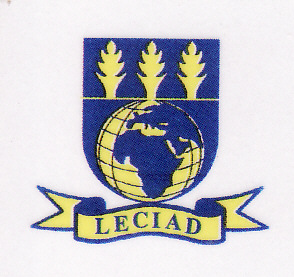This course aims at developing students’ understanding of the critical concepts and practices associated with integration of states’ political, social, cultural and economies at the regional level. It begins by tracing the evolution, nature and trajectories of regional integrations. It examines important conceptual and theoretical assumptions underpinning the subject of regionalism, regionalization and integration. It discusses some of the enduring debates about the relevance of integration. It probes regional organizations in Africa with particular reference to the African Union (AU), discusses its structure, membership, functions, problems and tells the success stories. These important dynamics of AU are analyzed based on the prevailing protocols such as the Abuja Treaty, the Regional Economic Communities (RECs), Tripartite Agreement, among others. The course further gives special attention to the emerging African Continental Free Trade Area (AfCFTA) and Agenda 2063. It examines the prospects that have induced the successful execution and challenges that could or have constrained the attainment of the objectives of the regional groupings. The mode of instruction is the mixed method, which blends lecture-led mode of delivery with student-lead-presentations. These are aided by audios, videos and documentaries and forms of simulations to illustrate the critical issues to enhance effective understanding of some of the complex issues. At the end of the course, it is expected that students would have gained deeper insight on how states integrate at the regional level for their mutual benefits.



